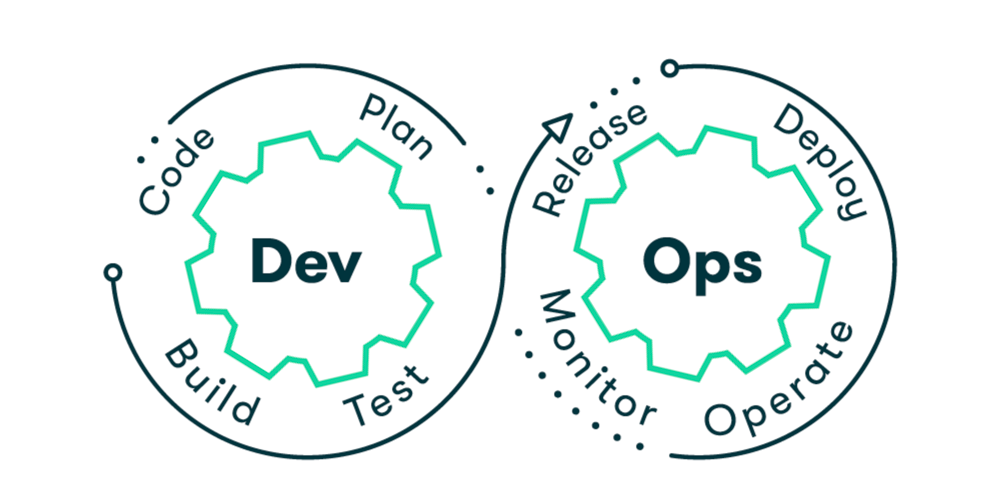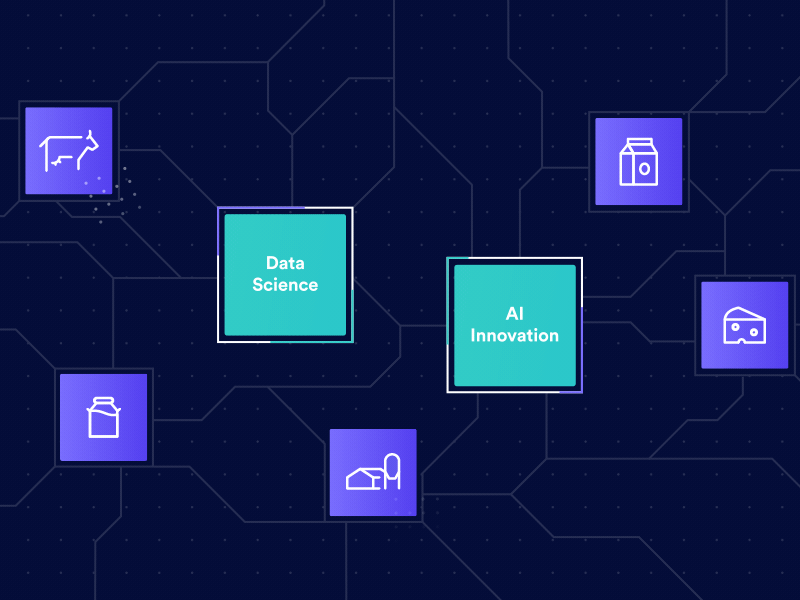The Software Engineer's Journey: Examining Every Option and Its Requirements
 Jack Pritom Soren
Jack Pritom Soren
The path to become a software engineer is varied and complex, with several options and each having its own advantages and disadvantages.

This article examines the different career paths in software engineering, the competencies needed for each, and the need in the field right now. Making educated judgments regarding your profession can be aided by knowing these job pathways, whether you are just starting out or hoping to change fields.
1. Frontend Development

Overview
The creation of web applications' interactive and visual elements is the main focus of frontend development. To create user interfaces, frontend developers employ tools like HTML, CSS, JavaScript, and frameworks like React, Angular, and Vue.js.
Skills Required
Proficiency in HTML, CSS, and JavaScript.
Experience with frontend frameworks and libraries (e.g., React, Angular, Vue.js).
Understanding of responsive design and web accessibility.
Knowledge of version control systems like Git.
Demand
Businesses are placing more emphasis on user interface (UI) and user experience (UX) design, which is driving up demand for frontend developers. Employers are looking for talented developers that can produce dynamic and adaptable apps, therefore this is a lucrative and satisfying career path.
2. Backend Development

Overview
Building the server-side logic that drives web applications is known as backend development. Programming languages including Java, Python, Ruby, PHP, and Node.js are used by backend developers, along with databases like MySQL, PostgreSQL, and MongoDB.
Skills Required
Strong knowledge of server-side languages (e.g., Java, Python, Ruby, PHP, Node.js).
Experience with database management (SQL and NoSQL).
Understanding of RESTful APIs and web services.
Familiarity with server, network, and hosting environments.
Demand
Web applications' functionality and performance depend heavily on backend developers. Backend developers are still in great demand, particularly in light of the growing popularity of cloud computing and the requirement for safe and scalable systems.
3. Full Stack Development

Overview
Both frontend and backend development are areas of expertise for full stack developers. They are capable to managing databases and server-side functionality in addition to building user interfaces for websites.
Skills Required
Proficiency in both frontend and backend technologies.
Ability to work with databases and version control systems.
Strong problem-solving and debugging skills.
Knowledge of DevOps practices and cloud services.
Demand
Full stack developers are highly valued for their versatility and ability to work on all aspects of a project. Their broad skill set makes them adaptable to various roles and projects, leading to strong demand in the job market.
4. Mobile Development

Overview
The main goal of mobile development is to create apps for portable electronics like tablets and smartphones. Mobile developers use languages like Swift, Kotlin, and Java to work with platforms like iOS and Android.
Skills Required
Proficiency in programming languages for mobile development (e.g., Swift for iOS, Kotlin/Java for Android).
Experience with mobile development frameworks and tools (e.g., React Native, Flutter).
Understanding of mobile UI/UX design principles.
Knowledge of mobile app deployment and performance optimization.
Demand
Mobile developers are in great demand due to the widespread use of mobile devices and apps. To reach a wider audience, businesses look for developers that can produce creative and intuitive mobile applications.
5. DevOps Engineering

Overview
Software development (Dev) and IT operations (Ops) are combined in DevOps engineering to increase software delivery's dependability and efficiency. Cloud platforms (such as AWS, Azure, and Google Cloud) and tools like Docker, Kubernetes, and Jenkins are used by DevOps engineers.
Skills Required
Proficiency in scripting languages (e.g., Bash, Python).
Experience with containerization and orchestration tools (e.g., Docker, Kubernetes).
Understanding of CI/CD pipelines and automation.
Knowledge of cloud infrastructure and services.
Demand
DevOps engineers are essential for ensuring smooth and continuous software delivery. Their expertise in automation, infrastructure management, and deployment processes makes them highly sought after, especially in large organizations and startups.
6. Data Science and Machine Learning

Overview
In order to make predictions or judgments, data science and machine learning require the analysis of data and the creation of models. TensorFlow, PyTorch, R, Python, and other programming languages are used by data scientists and machine learning engineers.
Skills Required
Proficiency in programming languages (e.g., Python, R).
Experience with data analysis and visualization tools (e.g., Pandas, Matplotlib).
Understanding of machine learning algorithms and frameworks (e.g., TensorFlow, PyTorch).
Knowledge of statistics and data wrangling techniques.
Demand
The demand for data scientists and machine learning engineers has surged with the growth of big data and AI technologies. Organizations across various industries are leveraging data to gain insights and improve decision-making, creating a strong demand for professionals in this field.
7. Cybersecurity

Overview
Cybersecurity focuses on protecting systems, networks, and data from cyber threats. Cybersecurity professionals work with tools and technologies to detect, prevent, and respond to security incidents.
Skills Required
Proficiency in security tools and technologies (e.g., firewalls, intrusion detection systems).
Understanding of encryption, authentication, and access control.
Knowledge of security best practices and compliance standards.
Experience with threat modeling and vulnerability assessments.
Demand
As cyber threats become more sophisticated, the need for skilled cybersecurity professionals has increased. Companies prioritize security to safeguard their data and systems, leading to high demand for experts in this field.
Conclusion
There are many different routes to become a software engineer, and each has its own requirements and skill set. There are lots of options to create a fulfilling career in front-end development, back-end development, full stack development, mobile development, DevOps engineering, data science and machine learning, or cybersecurity. You may make more educated selections and successfully manage your journey if you are aware of the demands and needs for each path.
Recall that lifelong learning and being current with emerging trends and technologies are essential for success in any endeavor. Your knowledge and abilities should advance along with the software engineering field to guarantee a rewarding and exciting career.
Subscribe to my newsletter
Read articles from Jack Pritom Soren directly inside your inbox. Subscribe to the newsletter, and don't miss out.
Written by

Jack Pritom Soren
Jack Pritom Soren
Software Engineer (SWE) specializing in Frontend development, proficient in JavaScript, React, Next.js, Angular, and a variety of frontend tools. Also skilled in MERN Stack. Committed to crafting clean, efficient code and driving innovation in every project. Passionate about collaborating with dynamic teams to create impactful solutions and continuously advance in the field of frontend development.